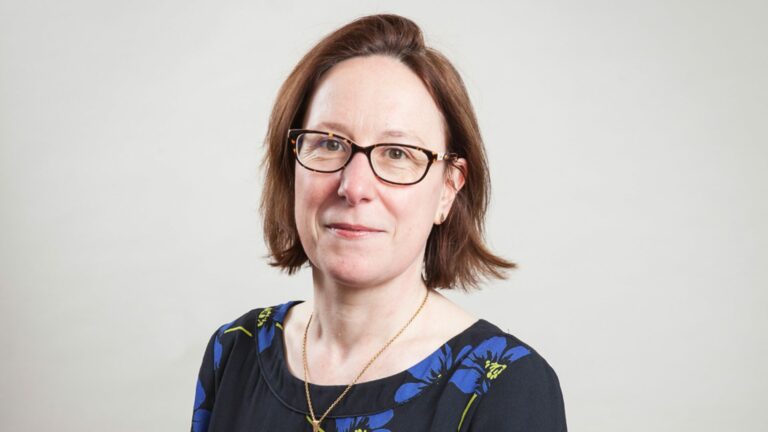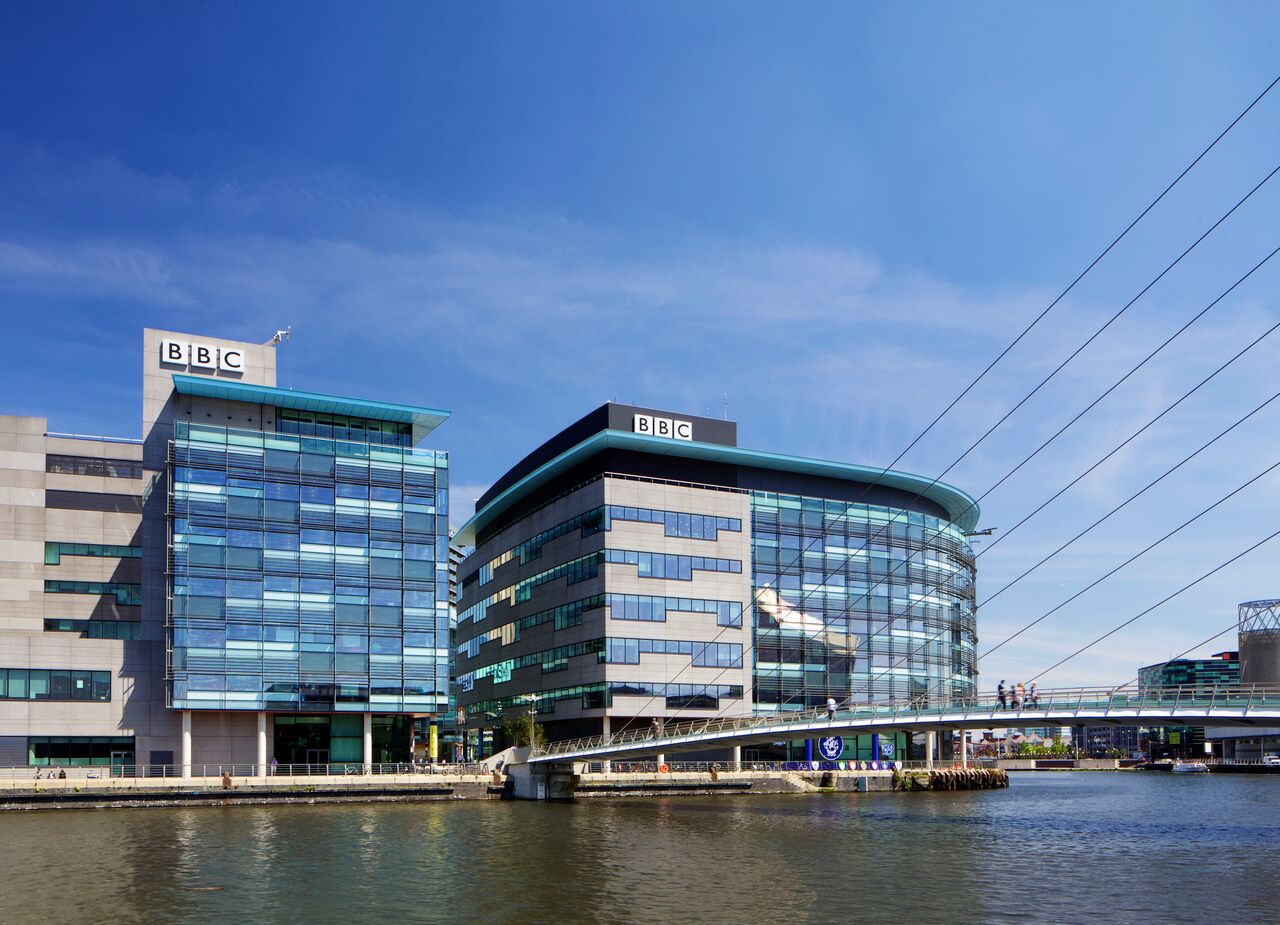Last week the BBC controversially announced that it would be introducing means-testing on free TV licences for the over-75s, meaning that more than three million households will have to start paying for their licence. Here Clare Sumner, the corporation’s Director, Policy, defends that decision.
There’s been a lot of discussion of the BBC’s decision on the future of free TV licences for over 75s over the past week. I know readers have strong feelings.
This is a vital issue – for older readers in the North, Yorkshire and Humber who will be directly affected by this decision from June 2020, but also for everyone who cares about the BBC and the programmes and services we provide.
It’s important to be clear about the background. It was the Government who decided to stop paying for free TV licences. Parliament then gave the BBC responsibility to decide on any new scheme, which we would then need to pay for.
This left us with an incredibly tough decision. Continuing to offer free licences to all over 75s beyond 2020 would cost us £745 million a year – and rising. That’s equivalent to around a fifth of what we spend today on all our programmes and services.
This is not money we can simply make up by cutting presenter or manager pay, as some have suggested. In reality, it would mean closing a whole range of services, including BBC Two, BBC Four, BBC Radio 5 Live, some local radio stations and more – services which so many people, not least older people, love and rely on.













